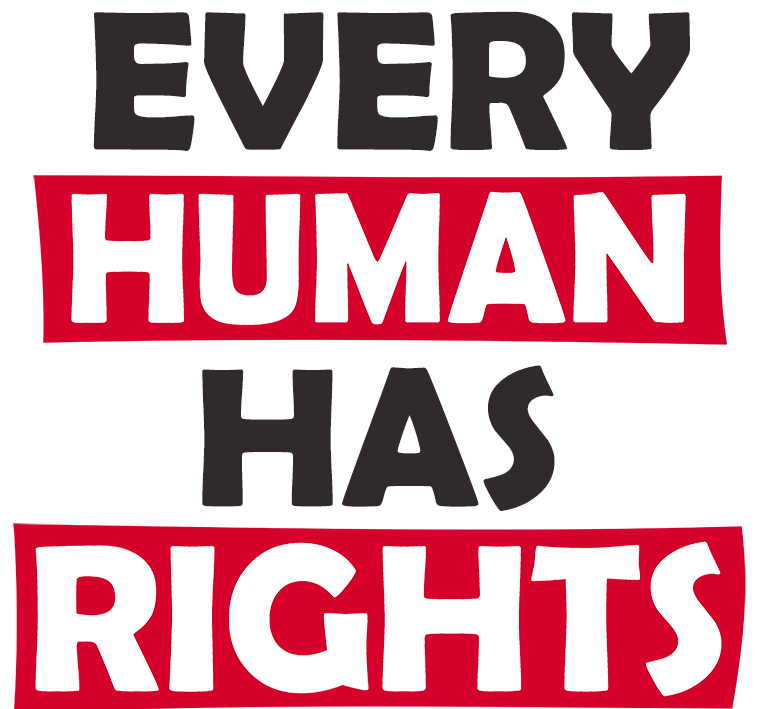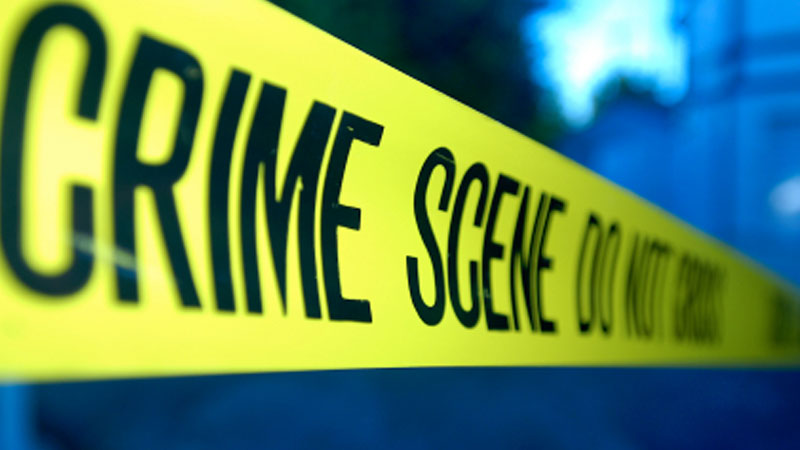I observed the people hailing and chanting the police encounter of child rapists and murderers, carried out under the supervision of CPO Faisalabad. Although it is quite self-satisfying to see the execution of such brutal and inhuman perpetrators but in a larger scenario, it presents a very dark picture of a flawed and crooked justice system.
The loss inflicted by police encounters
The act of extra-judicial killing excites the masses as it provides a “speedy justice” but it is also true that it does not serve the ends of justice. People tend to think that it is the perfect way to decide the matters in no time instead of wasting long hours in the court room. But this approach is destructive in itself. First, it does not provide the accused a chance to prove his innocence as most of the police encounters are fake. Second, it promotes a violent culture which allows some opportunist police officials to satisfy their personal vendettas. Third, it hands the officials of security agencies with plenty of self-assumed and arbitrary powers which can be quite devastating in a security state like Pakistan. The terrifying “Sahiwal incident” testifies the above-mentioned statement. Fourth, the principle of rule of law takes a back seat as the arbitrary killings involve mostly the downtrodden and the weak.

There is no denying the fact that sometimes police encounters are part of strategic operations to nab hardened criminals. Obviously, when the criminal fires on the police team, they are left with no option but to retaliate. However, one thing should be kept in mind that it becomes almost impossible to differentiate between a fair and fake engagement as the “encounter-specialists” are the persons of law and know the methods to manipulate the facts, and especially when the department is watching their back.
A crooked investigation system
Apart from the operational duties, police have to perform the duty of investigation as well. Sadly, it is the latter part which quite often becomes the reason for delayed and crooked justice. As the magistrate is bound to indict an accused in the light of substantial evidence, so a botched-up investigation plays a critical role in defining the fate of accused.
Concerned people agree that the conviction rate in Pakistan is below 15 per cent and the justice system has multiple blots on its surface. But still, this claim should not allow the people to replace the “court-justice” with “street-justice”. Even the hardened criminals should get a chance to be heard. Only then, he should be convicted or acquitted. Here some questions arise that who allows the crime to perpetrate? Why the crime is not nipped in the bud? Obviously, there are many answers to these queries. But one thing is for sure that the criminal justice system of Pakistan needs an overhaul. A collective approach is needed to transform the skewed and uneven justice system of Pakistan.
- Changing Trends in the South Asian Region - 14 July 2020
- Social Media: a tool to spread Sponsored Narrative - 13 June 2020
- U.S. Considering to Re-Start Nuclear Test Program: the ramifications - 31 May 2020

